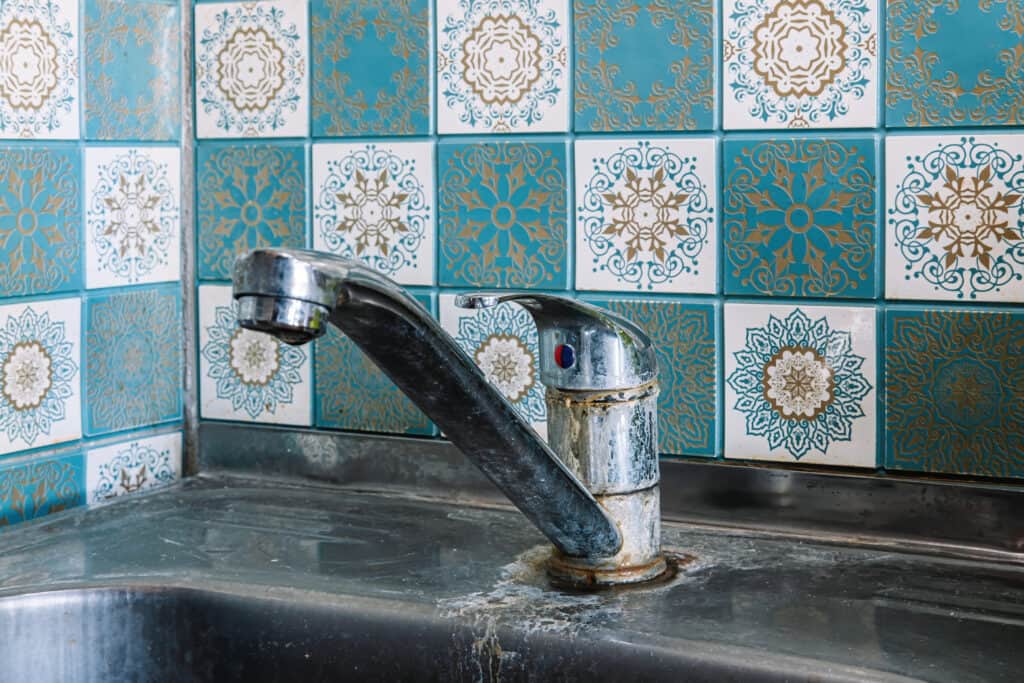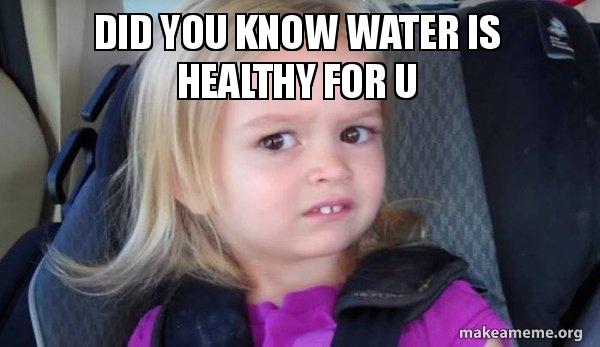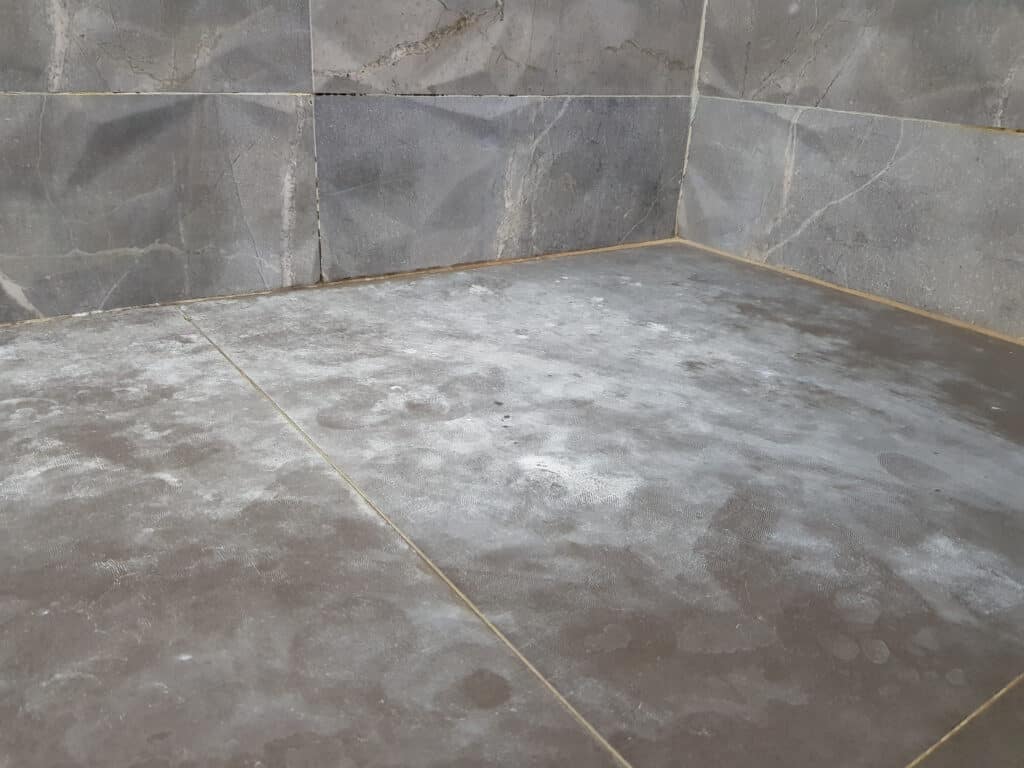Is It Safe to Drink Hard Water?
It might look gross and smell the same, but we’re here to say it’s perfectly safe to drink hard water. We’ll discuss what causes hard water, why it’s a nuisance, its health benefits, and how it affects the pipes in your home.
What is hard water?
Hard water is naturally occurring groundwater that leaches minerals from the soil and rocks it passes over. The highest mineral count comes from calcium and magnesium, but also has higher than usual levels of brass, copper, and iron. When hard water flows over surfaces and through pipes, for example, it leaves behind mineral deposits that harden and build in layers as more deposits are left behind.
- Soft: Less than 1 gpg
- Slightly hard: 1 to 3.5 gpg
- Moderately hard:5 to 7 gpg
- Hard: 7 to 10.5 gpg
- Very hard: More than 10.5 gpg
Why do people see hard water as a problem?
Hard water has been known for years to cause a host of cosmetic to minor health issues, thus making it known as a problem.
- Residue on washed dishes: Hard water leaves calcium carbonate deposits behind on technically clean dishes, the spots or film that never seems to go away.
- Dingy laundry: The higher mineral content interacts with many soaps and laundry detergents, preventing them from fully removing stains and odors from fabrics. Plus, the minerals leave fabric feeling rough and scratchy as the fabric prematurely wears out.
- Irritated skin and hair: Because hard water pulls moisture from your skin and hair, you may develop itchy patches or other irritation. And because your skincare products won’t fully rinse away, you may feel a film on your hair and skin.

Drinking Hard Water Actually Has some Health Benefits
A growing body of scientific and medical evidence has found drinking hard water can provide different health benefits, such as:
- Better heart health: The increased amounts of calcium and magnesium in hard water has been linked to improved heart health. Research has found the two minerals increase heart stimulation and efficiency in pumping blood throughout your body.
- Improved immune response: Research points to the high magnesium concentration acting as a stimulation to the immune system, thus possibly offering protection against all cancer types.
- Better insulin regulation and production: Though diabetes may cause lower natural magnesium production, drinking hard water can provide the amount needed for proper insulin production. Magnesium drives the body’s channels responsible for regulating the production.
Better digestive health: In the right combination, calcium and magnesium are good for fighting constipation, easing diarrhea, and assisting with stomach cramps.

The Only Thing Hard Water Hurts are Your Pipes (Potentially)
Because the pipes and plumbing system in a home is rarely seen, it’s hard to know if hard water is affecting the system. But, if you experience any of these situations, you’ll know it is.
- Clogged pipes: Hot water pipes are affected the most. As hard water warms, it deposits even more limescale and minerals. The clogs usually take a while to develop and aren’t apparent until there’s an issue, such as a sewage backup.
- Inefficient appliances: Any appliance that uses water, such as a freezer with an ice machine, is affected by limescale. The wear and tear can reduce the lifespan by up to 50% while increasing your energy costs.
- Cracks or breaks in plumbing: When the pipes clog, the water pressure inside builds. Depending on the pipes’ age, cracks or clear breaks are possible, leaving you with higher water bills and pipe replacement.
Does Drain Cleaner Work on Hard Water Deposits?
They do, but keep in mind drain cleaners simply clean away the deposit — they don’t stop the deposits and limescale from returning. So, they’re a great short-term fix to slow drains and backed up pipes. But never use them in water lines or pipes as the cleaners’ ingredients are harmful if swallowed in any amount.
Is There Anything I Can Do to Help with Hard Water?
Nearly 85% of the United States has hard water, even cities. The prevalence and natural occurrence means most cities and municipal water systems might treat the water but not enough to fully remove the extra minerals.
 looks over the system for any potential issues or existing damage. A second option is having the drains and pipes flushed each year, along with the water heater. Another option is installing a water softening system for your home.
looks over the system for any potential issues or existing damage. A second option is having the drains and pipes flushed each year, along with the water heater. Another option is installing a water softening system for your home.
Hard water has a bad reputation within reason, but it’s perfectly safe for humans and pets to drink. If hard water is causing issues with your plumbing, call a Service Champions professional today!

